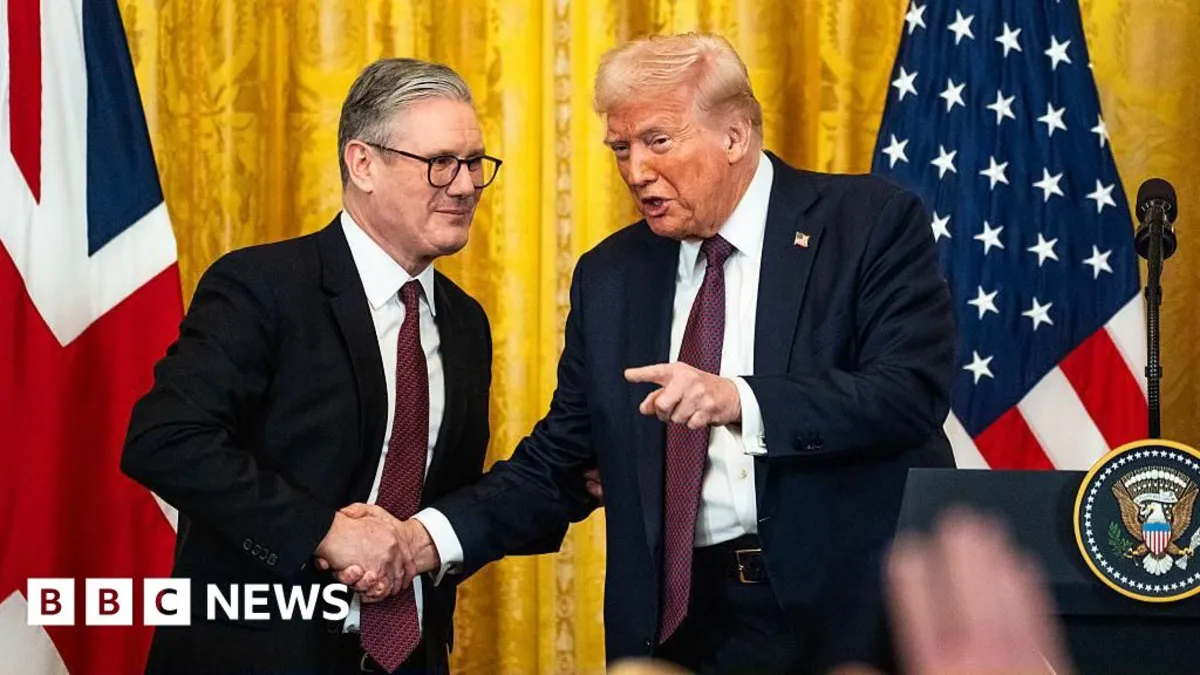
The UK has successfully avoided the brunt of US President Donald Trump's recent executive order that doubles the tariffs on steel and aluminium imports from 25% to 50%. This significant decision, made on Tuesday evening, has raised concerns among various sectors, but the UK maintains its current tariff rate of 25%.
The executive order specifically targets import taxes for US firms purchasing steel and aluminium from other countries. While the UK is currently exempt from the increased tariffs, UK steel exporters will still face the existing 25% tariffs until a new trade agreement comes into effect. This agreement, signed in May, aims to eliminate all import taxes on steel and aluminium exports between the UK and the US, but implementation has yet to occur.
A spokesperson for the UK government reiterated the administration's commitment to safeguarding British businesses and jobs within key sectors. However, members of the Conservative Party have expressed concerns over the executive order, labeling it a fresh blow from tariffs that could impact the steel industry.
The UK government has stated that it will continue to collaborate with the US to ensure the timely implementation of the trade agreement that will eventually eliminate these tariffs. The necessary legislation to enact this deal is expected to be presented in Parliament shortly, indicating a proactive approach to resolving the current tariff challenges.
Approximately 7% of UK steel exports are directed to the US, highlighting the significant impact that any tariffs can have on this vital industry. This situation underscores the importance of effective negotiation strategies and strong international trade relations.
In light of these developments, Shadow Business Secretary Andrew Griffith criticized the Labour Party's handling of negotiations, suggesting that their mismanagement has left UK businesses in a state of uncertainty. Griffith emphasized that the country cannot afford the ongoing failures associated with these negotiations, calling for a more robust approach to international trade.
As the situation continues to unfold, stakeholders across the UK steel and aluminium sectors are watching closely, hoping for a swift resolution that will enable them to thrive in the global market.